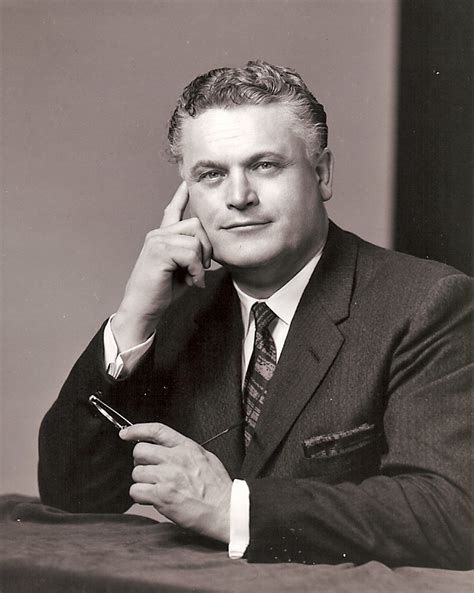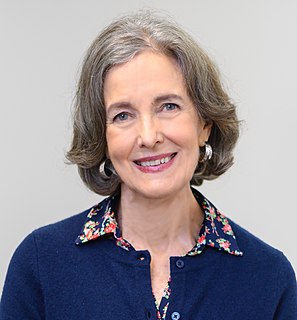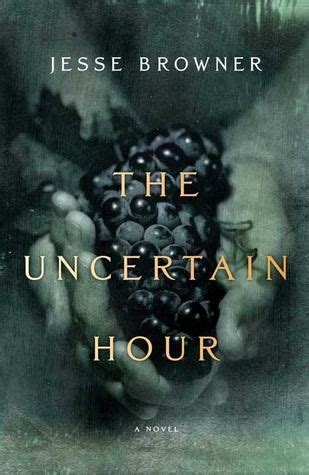A Quote by Elise M. Boulding
Fasting and feasting are universal human responses, and any meal, shared with love, can be an agape.
Related Quotes
There may come a time when it will be possible for you to humiliate your worst enemy or even to defeat him, but in order to love the enemy you must not do it... The Greek language has another word [for love]. It calls it agape. Agape is more than romantic love. Agape is more than friendship. Agape is understanding, redemptive goodwill for all men. Agape is an overflowing love, a spontaneous love, which seeks nothing in return. And theologians would say that it is the love of God operating in the human heart. When you rise to love on this level you love all men, not because you like them, not because their ways appeal to you, not because they are worthful to you, but you love all men because God loves them. And you rise to the noble heights of loving the person who does the evil deed while hating the deed that the person does. And I think this is what Jesus means when he says, “Love your enemies.”
Fasting from any nourishment, activity, involvement or pursuit—for any season—sets the stage for God to appear. Fasting is not a tool to pry wisdom out of God's hands or to force needed insight about a decision. Fasting is not a tool for gaining discipline or developing piety (whatever that might be). Instead, fasting is the bulimic act of ridding ourselves of our fullness to attune our senses to the mysteries that swirl in and around us."—Dan B. Allender, PhD
I look to Islamic ethics to find something that can provide the basis for shared values with other traditions, and ultimately universal values. This ties into the point I made in a book, 'The Quest for Meaning', that the only way for values to be universal is if they are shared universal values. My main point is, in this quest for value the aim is not to express your distinctness from others, but about being able to contribute to the discussion of universal value.
In Shansi I found Chinese Christians who were accustomed to spend time in fasting and prayer. They recognized that this fasting, which so many dislike, which requires faith in God, since it makes one feel weak and poorly, is really a Divinely appointed means of grace. Perhaps the greatest hindrance to our work is our own imagined strength; and in fasting we learn what poor, weak creatures we are-dependent on a meal of meat for the little strength which we are so apt to lean upon.
This, then, is the truth of the discourse of universal human rights: the Wall separating those covered by the umbrella of Human Rights and those excluded from its protective cover. Any reference to universal human rights as an 'unfinished project' to be gradually extended to all people is here a vain ideological chimera - and, faced with this prospect, do we, in the West, have any right to condemn the excluded when they use any means, inclusive of terror, to fight their exclusion?
If you're having a difficult time making the best decision then consider fasting. Fasting is simply taking something you regularly do and replacing it with praying and seeking God. For example instead of eating a meal you can take that time to seek God and allow Him to speak to you about the decision.
Divine love, agape, is self-sacrificing love, which sounds difficult, as it is, and not very attractive. If the best image we have of love is of a man who's been tortured and hung upon a cross to die an excruciating death, this is something that human beings find very, very hard to understand as love. But it is the highest Christian image of love.
Fasting with a pure heart and motives, I have discovered, brings personal revival and adds power to our prayers. Personal revival occurs because fasting is an act of humility. Fasting gives opportunity for deeper humility as we recognize our sins, repent, receive God's forgiveness, and experience His cleansing of our soul and spirit. Fasting also demonstrates our love for God and our full confidence in His faithfulness.


































